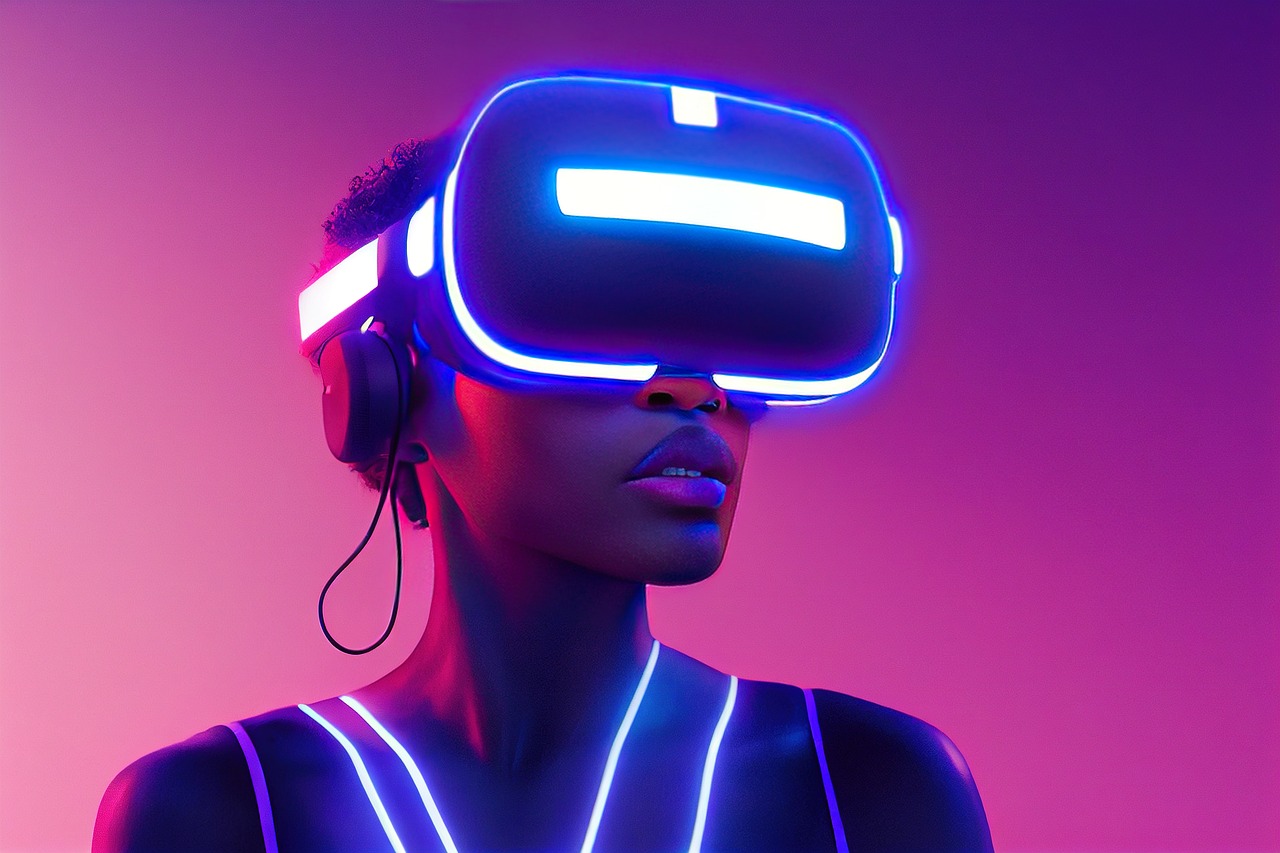In a hyper-connected world, the way you engage with the internet influences more than just your daily routines. From what you scroll through to the posts you engage with, your online habits subtly mold how you think, feel, and perceive the world. These patterns impact everything—your mood, beliefs, productivity, and even your relationships. Recognizing this influence can empower you to make intentional choices that align with the life you want to live.
How Algorithms Shape Your Perception
Algorithms are designed to show you content based on your past behavior, creating a personalized feed that reflects your clicks, likes, and searches. While this might seem convenient, it can gradually shape your perspective. You start seeing more of what aligns with your interests or existing beliefs, reinforcing your worldview. This phenomenon, often called a “filter bubble,” limits exposure to diverse ideas and can amplify biases.
Over time, this digital environment becomes the lens through which you interpret reality. If you engage primarily with content related to negativity, fear, or outrage, it can foster a pessimistic outlook. On the other hand, consistent interaction with positive and uplifting content can encourage a more optimistic mindset.
Mindless Scrolling and Its Impact on Well-Being
Mindless scrolling may seem like a harmless habit, but it can take a toll on mental well-being. Studies show that passive consumption of social media—like scrolling through posts without meaningful interaction—correlates with increased anxiety, loneliness, and stress. This behavior can disrupt the balance between online and offline life, leaving you feeling disconnected despite being digitally immersed.
Frequent scrolling also affects attention span. The brain becomes accustomed to fast information bursts, making it harder to focus on long-form content or engage in deep thinking. This fragmented attention can impact productivity, making it more difficult to accomplish tasks that require sustained concentration.
Dopamine Loops: How Your Brain Gets Hooked
The internet offers endless sources of instant gratification, from social media likes to viral videos. Each interaction triggers small dopamine releases in the brain, reinforcing the behavior. This “reward loop” encourages you to keep returning for more, creating habits that are hard to break.
Platforms are designed to take advantage of these loops. Features like auto-play videos and infinite scrolling keep users engaged longer than they initially intended. Over time, this dependency can erode self-discipline and blur the line between mindful engagement and addiction.
The Influence of Social Comparison
One of the most significant effects of internet use is the tendency to compare yourself with others. Social media, in particular, presents an idealized version of life that often lacks authenticity. Seeing carefully curated images of other people’s achievements, relationships, or lifestyles can lead to feelings of inadequacy.
This constant comparison can distort your self-perception, making you feel that your life is lacking in comparison. Over time, it can foster low self-esteem, anxiety, and a skewed sense of personal worth. On the flip side, reducing exposure to comparison triggers can enhance emotional well-being and help you appreciate your unique journey.
Reclaiming Control Through Mindful Internet Use
To shift the impact of internet habits, awareness is the first step. Pay attention to how your digital behaviors influence your emotions and productivity. Simple strategies like limiting screen time, curating your feed, and turning off notifications can create meaningful change.
Engaging actively with content rather than passively scrolling helps foster a healthier relationship with the internet. Choose sources that align with your values and challenge your thinking. Following creators who inspire rather than trigger comparison can cultivate a more positive digital space.
Shaping a Balanced Digital Reality
Developing better habits online is not about quitting the internet entirely. Instead, it’s about creating boundaries and using digital tools with intention. Schedule offline activities that bring you joy, such as spending time with loved ones, exercising, or pursuing hobbies. Integrating offline fulfillment helps balance your digital experiences, preventing the internet from becoming your primary source of satisfaction.
You can also practice “digital detoxes,” where you temporarily disconnect to recalibrate your mind. This break offers space to reflect on your habits, reconnect with the physical world, and return with a clearer sense of how you want to engage online moving forward.
Crafting a Digital Reality That Aligns With Your Values
Your internet habits are a reflection of your priorities. The way you engage online can either reinforce negative patterns or foster growth, learning, and connection. By becoming intentional about how you use the internet, you can cultivate habits that align with your goals and values.
Pay attention to the content that uplifts and motivates you. Create time for learning and self-improvement, and engage with communities that foster meaningful dialogue. The more aligned your internet habits are with your desired reality, the easier it becomes to make progress toward personal growth and well-being.
Embracing a Healthier Online Presence
Ultimately, the internet is a tool, not a substitute for real-life connection. When used mindfully, it can serve as a powerful resource for creativity, education, and community building. Striking the right balance between online engagement and offline presence allows you to benefit from the internet without being consumed by it.
By reshaping your habits, you gain the power to influence how you experience the world, both on-screen and off.




